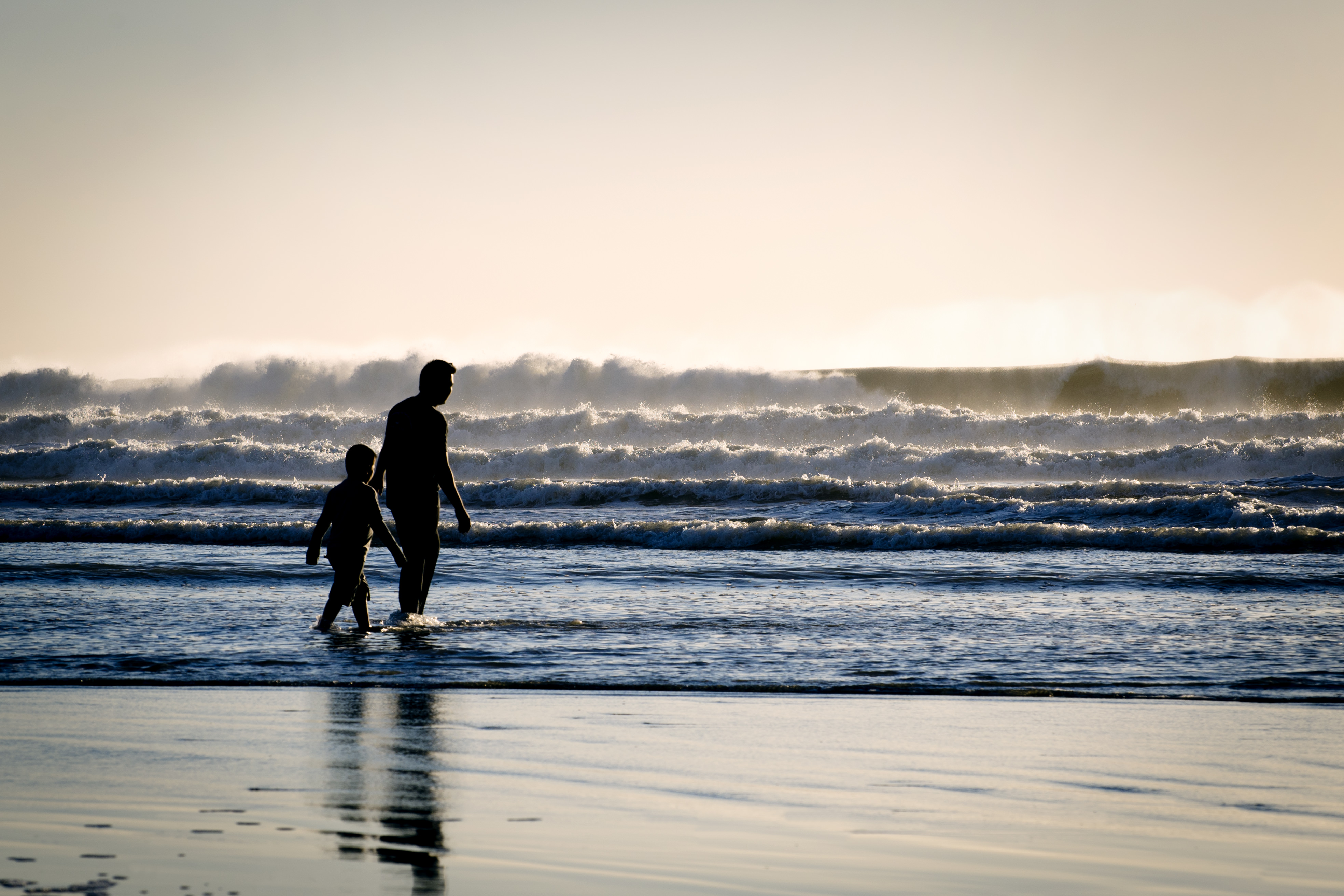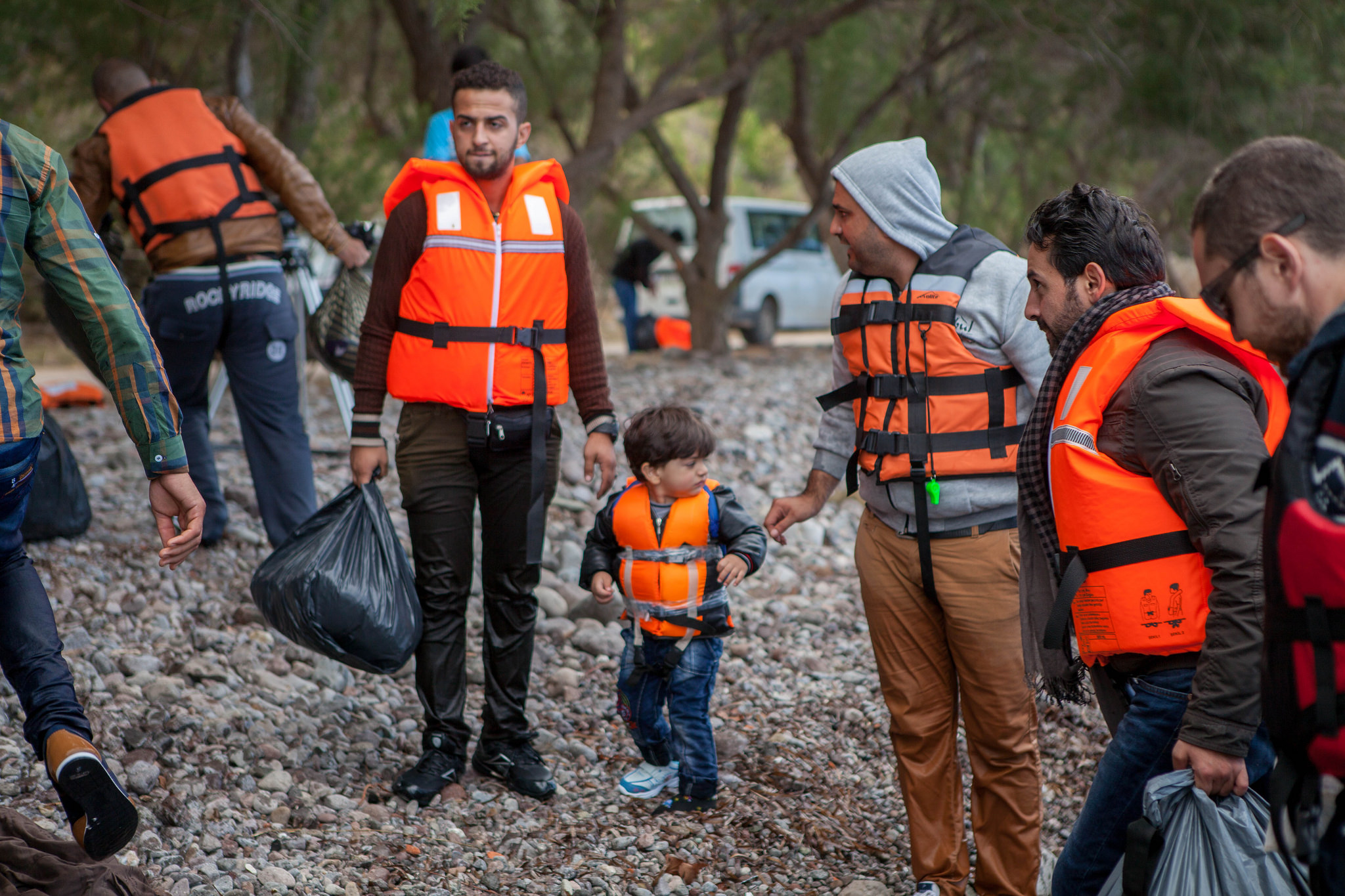The Court of Appeal has overturned a decision which allowed four asylum seekers, including three children, to escape the Calais migrant ‘Jungle’ camp and be reunited with their families in the UK.
The Court clarified the test to be applied when people seeking refuge want to claim asylum in the UK but arrive in another European Union Member State first.
What’s the story?
Three unaccompanied children and one disabled young adult fled war-torn Syria. They spent months living in appalling conditions in a migrant camp in Calais known as “the Jungle”, which had been described as a “living hell“.
These four young people wanted to come to the UK and live with their families (who were already legally resident in the UK) while their asylum claims were processed. But the Home Office refused to let them enter the UK, because that would not follow the procedure in the Dublin Regulation.
What is the Dublin Regulation?

The Dublin Regulation is an EU law which sets out which EU Member State is responsible for examining asylum claims presented by people who arrive in Europe.
One key principle under the Dublin Regulation is that asylum seekers who are not citizens of the EU or are ‘stateless’ must claim asylum in the first EU Member State they reach. If they want to join family in another Member State, the first State must apply to the second State for them to be transferred.
The Dublin Regulation process can usually only be avoided if there are ‘systemic deficiencies’ in the first state’s asylum process or there is a real risk of ill-treatment in that state. In such circumstances, the provisions of the European Convention on Human Rights might override the Dublin procedures.
The case went to the Upper Tribunal, which deals with asylum-related matters. The Home Office argued that the four young refugees should apply for asylum in France and France should then make a request to transfer them to Britain.
What did the Upper Tribunal say?

The four argued that the process under the Dublin Regulation was not working. They said it contained unacceptable delays. Evidence indicated that transfer requests could take almost a year, during which time they would have to live in intolerable conditions. The four also argued that not allowing them to reunite with their families violated their right to family life.
The four won in the Upper Tribunal and were allowed to enter the UK and reunite with their families while their asylum claims are processed. You can read more about that decision in our previous post. But the Home Secretary appealed. Today the Court of Appeal gave its decision.
What did the Court of Appeal say?

The Home Office argued that the appeal was necessary, as it believed the Upper Tribunal had made an error in granting relief to individuals who had not claimed asylum in France (as anticipated by the Dublin Regulation). The Home Office said that the immigration tribunal’s approach had “potentially far-reaching and serious consequences for the ability of the UK to control its borders“.
The Court of Appeal had to consider the relationship between the asylum claims process set out in the Dublin Regulation and the right to respect for private and family life, which is protected by Article 8 of the European Convention on Human Rights.
The Court of Appeal decided that the Upper Tribunal had made an error in its approach to the test that should be applied where it is claimed that the Dublin process should be bypassed because of the right to family life. The Court said that an application for entry by an unaccompanied young person, without first invoking the appropriate Dublin procedures in the first Member State, can only be justified in an “especially compelling case“.
You can read the Court of Appeal’s decision in full here.
What does that mean for the young people in the case and other refugees?

The four young Syrian refugees in the case have already arrived in the UK, and the Home Secretary has now accepted that the UK is the correct place for their asylum claims to be decided. The Home Office agreed that they should not be sent back to France and the Court did not order their case to be re-heard, so they can stay in the UK while their asylum claims are processed.
But the Court of Appeal’s decision does mean that, in future, others who want to claim asylum in the UK, without having to claim asylum in the state they arrived in first, will have to show that their case is “especially compelling”.
Learn more about the right to respect for family life with our inforgraphic poster, our key case stories and our other family resources. Read how human rights protect children and people seeking refuge.







